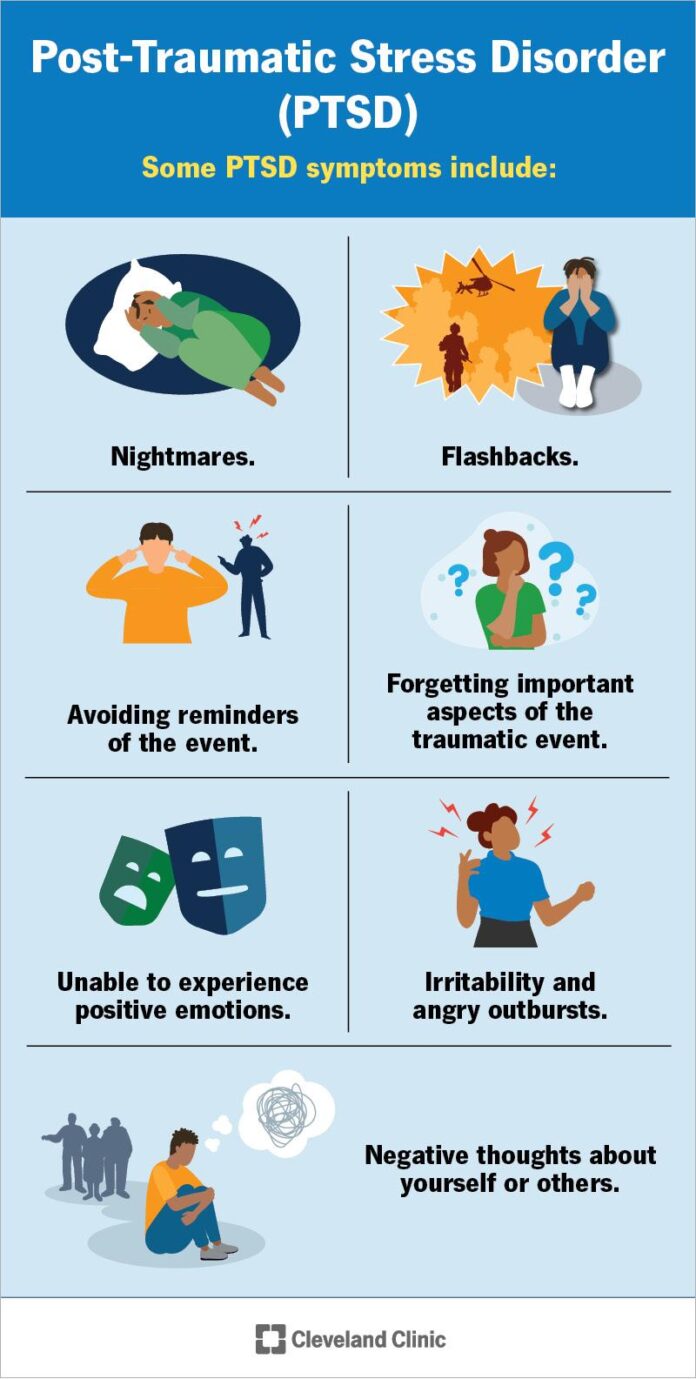
Combatting PTSD with Fitness: How Exercise is Helping Veterans Heal
Post-traumatic stress disorder (PTSD) is a mental health condition that affects individuals who have experienced a traumatic event. It can lead to a variety of symptoms, including flashbacks, nightmares, anxiety, and depression. For many veterans who have served in combat zones, PTSD is a common and often debilitating condition. Fortunately, there are effective ways to manage PTSD symptoms, and one of the most powerful tools is exercise.
Exercise has long been known to have a positive impact on mental health, and for individuals with PTSD, the benefits can be particularly profound. Physical activity has been shown to reduce symptoms of anxiety and depression, improve mood, and increase feelings of well-being. For veterans struggling with PTSD, incorporating fitness into their daily routine can be a key component of their healing journey.
One of the major benefits of exercise for individuals with PTSD is its ability to reduce symptoms of anxiety and depression. Many veterans with PTSD experience high levels of anxiety and often feel overwhelmed by feelings of fear and worry. By engaging in regular exercise, they can release built-up tension, increase feelings of relaxation, and improve their overall mood. Exercise also triggers the release of endorphins, which are feel-good chemicals that can help ease symptoms of depression.
In addition to reducing anxiety and depression, exercise can also help veterans with PTSD improve their sleep patterns. Many individuals with PTSD struggle with insomnia or disrupted sleep, which can exacerbate their symptoms and make it difficult to function during the day. By engaging in physical activity, veterans can tire themselves out, promote better sleep, and wake up feeling more rested and refreshed. Improved sleep can have a cascading effect on mental health, leading to better mood and decreased symptoms of PTSD.
Another benefit of exercise for veterans with PTSD is its ability to increase feelings of self-efficacy and self-esteem. Many individuals with PTSD struggle with feelings of shame, guilt, and low self-worth, which can further exacerbate their symptoms. By setting fitness goals, working towards them, and achieving success, veterans can boost their confidence and sense of accomplishment. This can translate into other areas of their lives, leading to improved relationships, increased motivation, and a greater sense of purpose.
Exercise can also provide veterans with a healthy coping mechanism for managing stress and triggers associated with their PTSD. Many individuals with PTSD turn to unhealthy coping strategies, such as substance abuse, self-harm, or isolation, to deal with their symptoms. By engaging in physical activity, veterans can channel their energy into something positive and productive. Exercise can help distract them from negative thoughts, provide a sense of control, and give them a healthy outlet for processing their emotions.
For veterans with PTSD, finding the right type of exercise is crucial. Some may prefer high-intensity workouts, such as running, weightlifting, or boxing, to help release pent-up energy and aggression. Others may benefit from more gentle forms of exercise, such as yoga, tai chi, or swimming, to promote relaxation and mindfulness. The key is to find an activity that is enjoyable, sustainable, and fits into their lifestyle.
In addition to the physical benefits, exercise can also provide veterans with a sense of camaraderie and social support. Many individuals with PTSD struggle with feelings of isolation and disconnectedness, which can further exacerbate their symptoms. By participating in group fitness classes, team sports, or outdoor activities, veterans can connect with others who share similar experiences and build a sense of community. This social support can be invaluable in helping them feel understood, accepted, and supported on their healing journey.
In conclusion, exercise is a powerful tool for combatting PTSD and can play a significant role in helping veterans heal. By reducing symptoms of anxiety and depression, improving sleep patterns, boosting self-esteem, and providing a healthy coping mechanism, physical activity can have a transformative impact on mental health. For veterans struggling with PTSD, incorporating fitness into their daily routine is a proactive and empowering step towards healing and recovery. By finding the right type of exercise, setting realistic goals, and staying committed to their fitness journey, veterans can experience the many benefits that exercise has to offer. With the support of mental health professionals, peers, and loved ones, veterans with PTSD can harness the healing power of exercise and take control of their mental health and well-being.

















